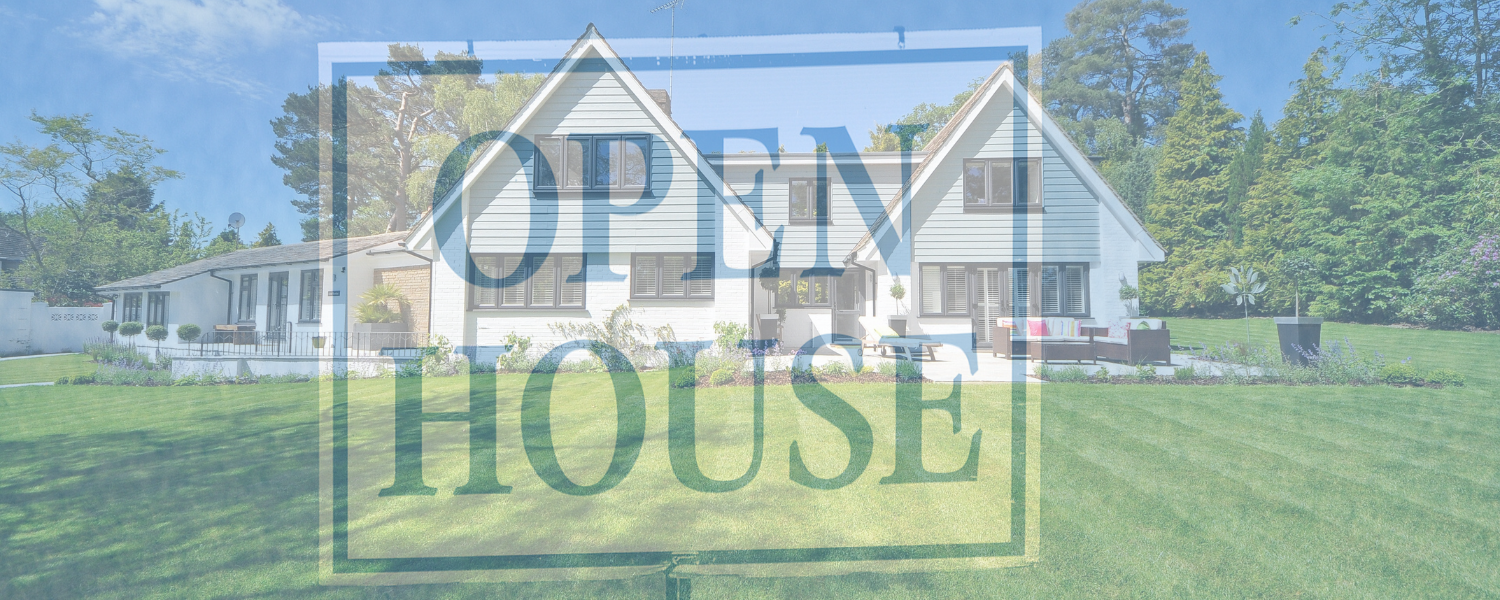Open houses have been a staple of real estate marketing for decades, but are they still relevant in today’s ever-evolving real estate market? As a real estate VA agency, We understand the importance of staying up-to-date with industry trends and strategies. In this comprehensive guide, we’ll explore the pros and cons of open houses in today’s market to help you make informed decisions about whether to include them in your marketing plan. Whether you’re a seasoned real estate agent or just starting in the field, understanding the role of open houses is crucial in maximizing your success.
The Pros of Open Houses
The Pros of open houses are as follows:
Exposure to a Wide Audience
Open houses provide a unique opportunity to showcase a property to a broad range of potential buyers, neighbors, and curious onlookers. This exposure can generate interest and potentially lead to a quicker sale.
Immediate Feedback
Meeting prospective buyers in person at open houses allows you to gather valuable feedback about the property. You can address their questions and concerns, helping you fine-tune your sales strategy and pricing.
Creates a Sense of Urgency
The limited timeframe of an open house can create a sense of urgency among potential buyers. This urgency can motivate them to act quickly if they’re genuinely interested in the property.
Networking Opportunities
Open houses are an excellent way to network with other real estate professionals, neighbors, and local service providers. Building and maintaining these relationships can benefit your real estate career in various ways.
Showcasing Your Expertise
Hosting a well-organized open house can demonstrate your expertise and commitment to your clients. It can also help you build your reputation as a trusted local real estate professional.
The Cons of Open Houses
The Cons of open houses are as follows:
Security Concerns
Open houses expose properties to a wide range of visitors, which can pose security risks. While most attendees are genuinely interested buyers, there’s always a possibility of unwanted guests or unscrupulous individuals.
Time-Consuming
Preparing for and hosting open houses can be time-consuming. From cleaning and staging the property to being present during the event, the hours invested may not always be justified by the results.
Tire Kickers and Nosy Neighbors
Not all attendees at open houses are serious buyers. Some are merely curious neighbors or “tire kickers” looking to pass the time. Dealing with non-serious visitors can be frustrating.
Limited Data Collection
Open houses provide limited data collection compared to digital marketing. You may have a sign-in sheet, but it can be challenging to track the effectiveness of your marketing efforts and identify qualified leads.
COVID-19 Concerns
In the wake of the COVID-19 pandemic, health and safety concerns have led to a reduction in traditional open houses. Some potential buyers may still be hesitant to attend in-person events, limiting the pool of attendees.
The Evolution of Open Houses
To adapt to the changing landscape of the real estate market, open houses have evolved in various ways:
Virtual Open Houses
Virtual open houses have gained popularity, especially during the pandemic. These events are live-streamed or pre-recorded tours of the property, allowing potential buyers to explore the home from the comfort of their own computers or mobile devices.
Hybrid Approaches
Some agents have adopted hybrid approaches that combine both in-person and virtual elements. This strategy offers the best of both worlds, catering to those who prefer traditional open houses and those who favor virtual experiences.
Appointment-Only Showings
To address security concerns and COVID-19 precautions, many real estate professionals have shifted to appointment-only showings. This approach allows for controlled access to the property and limits the number of visitors at any given time.
Enhanced Marketing
Digital marketing has become an essential part of open house promotion. Agents use social media, email marketing, and online advertising to reach a wider audience and generate interest in their open house events.
Conclusion
In today’s real estate market, open houses remain a valuable tool, but they have evolved to adapt to changing times. Understanding the pros and cons of open houses is crucial for any real estate professional. While open houses offer exposure, immediate feedback, and networking opportunities, they can also be time-consuming and may not always attract serious buyers. To navigate the evolving landscape, consider incorporating virtual elements, appointment-only showings, and enhanced digital marketing into your open house strategy.





